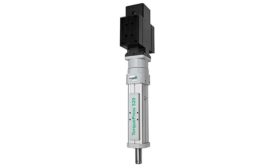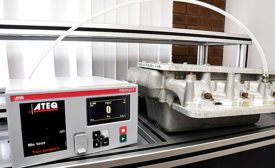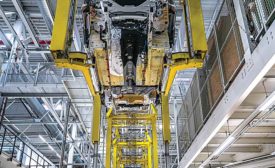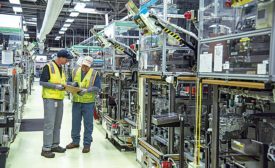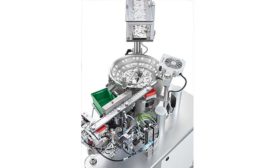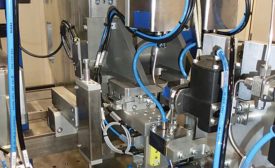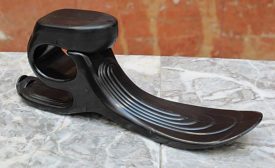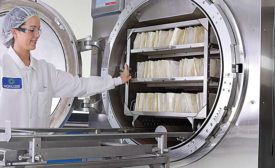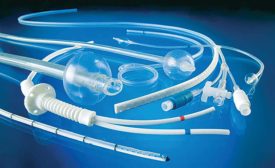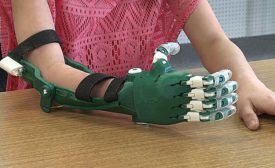Featured on Home Page
As electric presses gain market share, suppliers are coming up with innovative ways to stand out
Read More
Electric Vehicles Present Unique Leak Testing Challenges
Air-based and tracer gas detection systems ensure that all electric-vehicle battery components are leak-free
May 7, 2018
BMW Improves Quality With Data Analysis
Data analysis allows for predictive maintenance and quality control
May 4, 2018
Feeders for Medical Device Assembly
From vibratory bowls to shaker tables, medical device engineers have many options for feeding parts to automated assembly systems.
May 1, 2018
Automated Assembly of Medical Devices
Sharps, test cards, sensors and miniature gas canisters are among the many medical devices produced on automated assembly systems
May 1, 2018
New Plastics for Medical Devices
New materials are meeting the varying performance demands of medical devices
May 1, 2018
Sterilizing Medical Devices Requires Friendly Agents
The best sterilization process for a medical device depends on the materials and methods used to assemble it
May 1, 2018
Medical Device Manufacturers Require Tighter Leak Test Requirements
Tighter leak rate requirements are driving demand for smarter equipment in medical device manufacturing.
May 1, 2018
Additive Manufacturing for Medical Device Production
3D Printing Goes from Prototyping to Production
May 1, 2018
Never miss the latest news and trends driving the manufacturing industry
Stay in the know on the latest assembly trends.
JOIN TODAY!Copyright ©2024. All Rights Reserved BNP Media.
Design, CMS, Hosting & Web Development :: ePublishing
